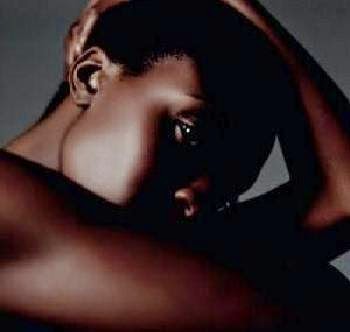We were all hungry for something. Houses, Sex, food, love, wealth, cars, dreams; whatever it was, we all had castles in the air we wanted to see built.
Everyone
yearned and I yearned as much as they did. My life was one long starvation
for my yearning and though I yearned as much as everyone did, smoked as much as
everyone smoked, drank as much as everyone drank, was happy as much as everyone
faked, I knew somewhere in the back of my drugged mind that death stared at us
benignly. We were juicy fat, depressed pigs garnished for the kill. We did not
care. We just laughed more, smoked more, had sex more, wept more. We yearned
for life so much we lived centuries in a few days.
Every
now and then, one of us would stray into normalcy and be buried in a heap of
life responsibilities, but with responsibilities came reality, and reality
stared at you in the face each minute and screamed, “Go fucking die!” So they
drifted back to insanity and us, and whispered things like, “I was trying to
get that law degree” or “I was trying to get that promotion” or “I wanted to
get married and settle down, you know?” Then they smoked and drank some more
till they felt nothing. Till they felt death who held us to her bosom like her
favourite children. She loved us so much she made us live. If only for a few
months more.
We
were that bunch that dreamed in ways that could never be achieved, dependent on
our families for support but living like millionaires. We fucked men, women,
and everything else in between. You couldn’t understand us. No one could
understand us, products of a materialistic age that defined you by what you
were able to acquire. Slaves we were to acquisition so much that when we were
set free, we did not know what to do.
Hope.
Hope was the delusion of the minds of those who could not believe the ridiculousness of
their lives so they hoped. They hoped with their sterling degrees and various
honours they would find jobs. They hoped that their bosses would increase their
paychecks. They hoped that they would save enough to buy a house. They hoped
that they would have a nice, happy family and go golfing on weekends. And they
hoped those things would make them happy. Happiness was a product to be bought in
the black market and they could get it if they worked hard enough. They hoped
and hoped and hoped in a system that had grabbed Hope by the neck, fucked her
silly and thrown her to wolves where she died a slow painful death. But they
still hoped.
We
were beatniks of sorts, a resurgence of Hippies, Ghanaian style living wild and
free, not just because we were young but also because we were prisoners.
Some
of us sought some form of redemption, any
form of redemption from this damned life. So we stumbled on religion. We
believed fervently in a God that would cleanse us of our sins. We had to
believe that we were sinners condemned to live a life of damnation unless Jesus
Christ swooped down to save our asses. And all Jesus Christ wanted us to do was
call him our Lord and personal savior? We could do that! We could definitely do
that. I mean, who could believe the truth that our lives were damned for no
reason at all and still be sane? Who could believe the truth that there was no
hidden cause for our wretched lives and still have their heads screwed on? So
we believed fanatically, if you may, that we
had to be sinners, for eating some forbidden fruit in some utopian garden.
Whatever it was we ate, we had to have done something to anger God. And for
some time this gave us relief.
But
Reality was Reality, and pastors became liars, reverends became
politicians, and the Bible became cause for war.
So we smoked some more, drank some more, had sex some more.
A couple of us left suicidal notes and they became poetry to the distressed
ears of those who chose to keep on living.
Yet in our damnation, we were free.
We were the young adults of 2014.






